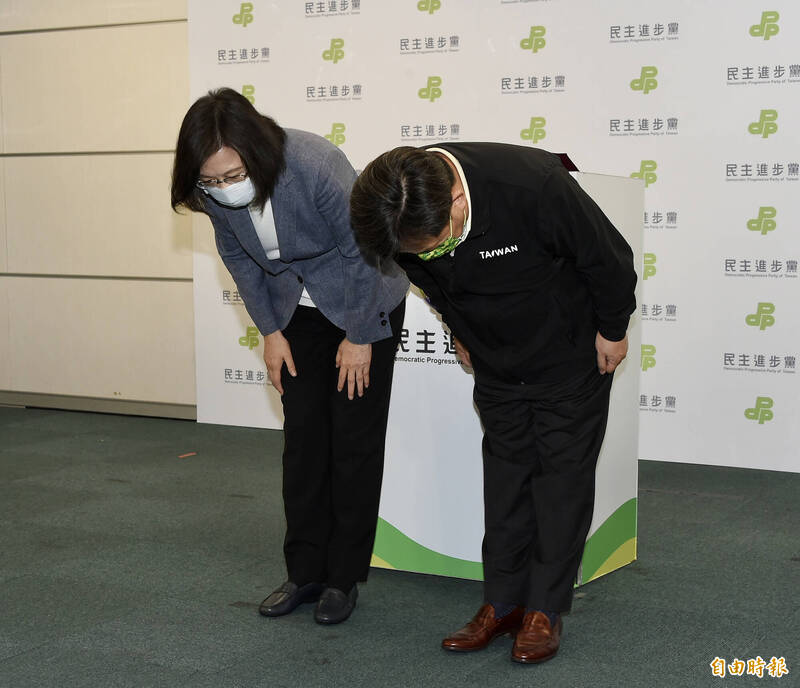Ge Laiyi said that Taiwan's local elections mainly focus on candidate characteristics and domestic issues, rather than China; in her opinion, the nine-in-one election cannot be used as an indicator for the 2024 general election.
(file photo)
[Central News Agency] The nine-in-one election has come to an end. Ge Laiyi, an expert at the Washington think tank, analyzed that local elections focus more on internal affairs rather than China, and cannot be used as an indicator for the 2024 general election. Scholar Ren Xueli believes that the results show that the Kuomintang will still sing in 2024, but it needs to be updated To be close to the mainstream public opinion is to be competitive.
The results of the nine-in-one election were announced on the evening of the 26th Taiwan time. The Kuomintang won 13 counties and cities in the 21 county mayoral elections, including the four municipalities of Taipei, New Taipei, Taoyuan, and Taichung. The Democratic Progressive Party led by President Tsai Ing-wen only retained 5 counties. City, she resigned as party chairperson, taking responsibility for the election defeat.
Please read on...
Although this year's nine-in-one local election is seen as a prelude to the 2024 presidential election, Bonnie Glaser, director of the Asia Program at the German Marshall Fund (GMF) in Washington DC and a long-term focus on cross-strait issues, does not think so.
Ge Laiyi accepted an interview with a reporter from the Central News Agency today and said that Taiwan's local elections mainly focus on candidate characteristics and domestic issues, not China; in her opinion, the nine-in-one election cannot be used as a barometer for the 2024 general election.
Shelley Rigger, a professor of East Asian politics at Davidson College in North Carolina who specializes in Taiwanese politics, also said that the 9-in-1 election mainly focuses on internal affairs and the candidates themselves, and has little to do with cross-strait issues.
But she pointed out that this election shows that the Kuomintang has not yet been eliminated in Taiwan's electoral politics and is still a competitive player.
But she emphasized that if the Kuomintang really wants to be competitive, it is not a good thing for the KMT to be labeled as "pro-China" by the media. It needs to adjust its external messages to be more in line with Taiwan's mainstream public opinion's preference for the status quo.
